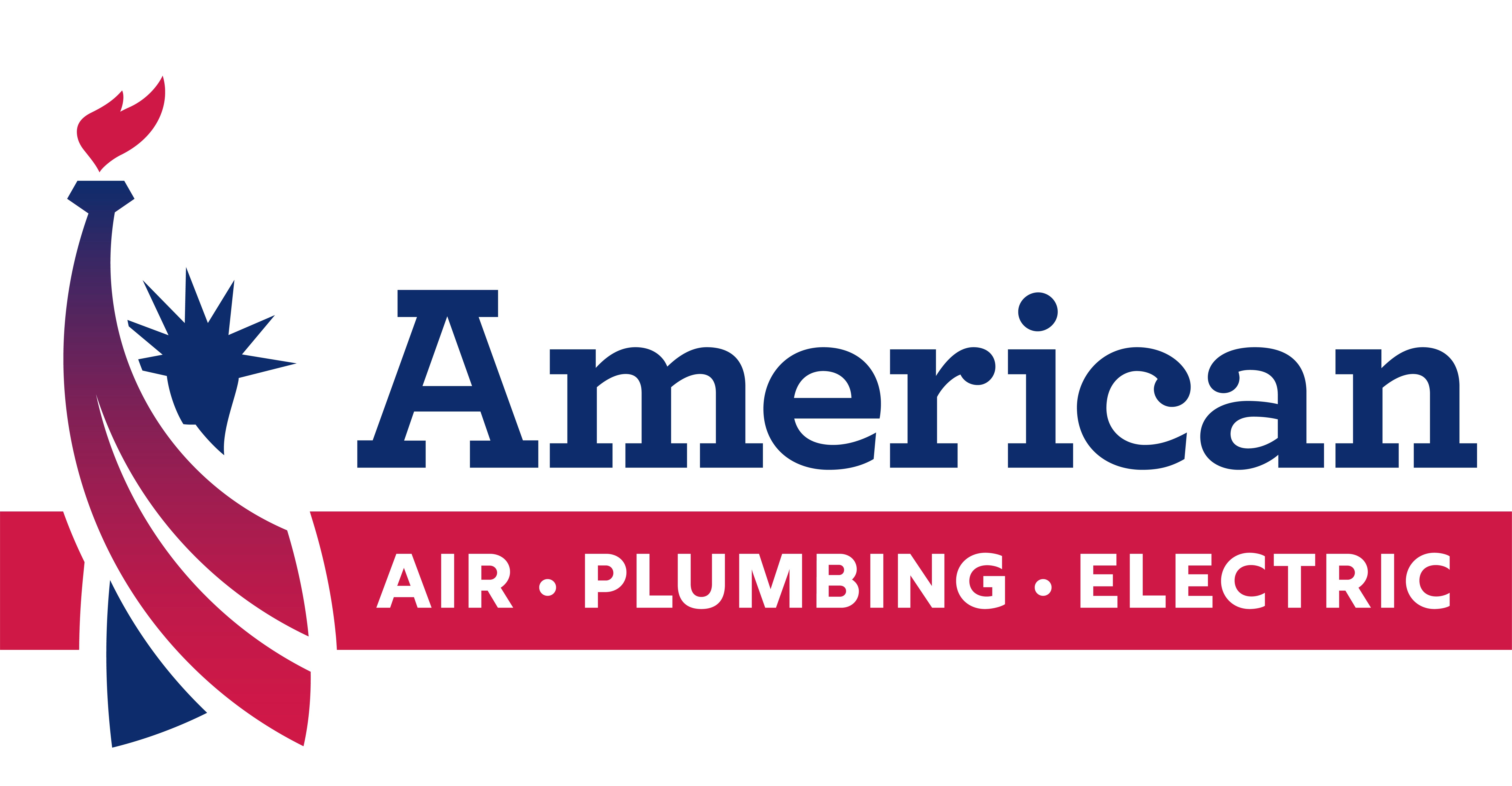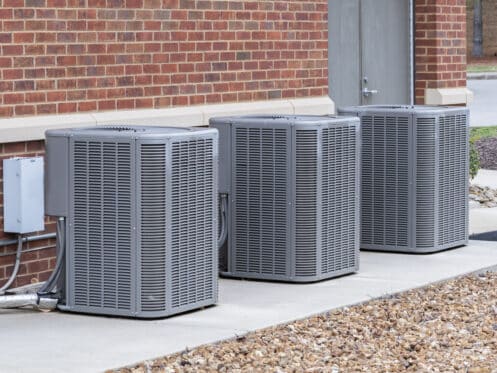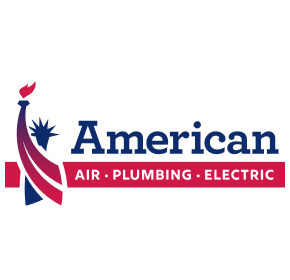Are you considering replacing your conventional air conditioner with a heat pump? There are many compelling reasons to make the switch. However, you might wonder how well a heat pump works during the summer months in Oviedo, FL, how efficient it is, and if there is a maximum temperature at which a heat pump works.
How Does a Heat Pump Cool?
The term “heat pump” can be misleading, as it implies that it’s solely a home heating system. However, it serves as both a heating and cooling system. In addition to cooling your home, a heat pump can dehumidify indoor air during hot and humid weather conditions.
While traditional air conditioners and heat pumps operate on the same fundamental technology, heat pumps do so more efficiently. They can even be installed in homes without ductwork. Mini-split units offer the flexibility of cooling your home on a zone-by-zone basis. This allows you to set different temperatures for various areas, such as cooling your living room to one temperature while maintaining a different temperature in your office.
A heat pump relies on electricity as its power source. It works by extracting heat from a low-temperature area and transferring it to a high-temperature area.
You can visualize this process like how you would ride a bicycle over hilly terrain. Effort is needed to ascend a hill, but none is required to descend. Similarly, heat naturally moves from areas of higher temperatures to those of lower temperatures. A heat pump uses electricity to counteract this natural heat flow, pumping energy from colder places to warmer ones.
As the heat pump extracts energy from the source, the temperature of the source decreases. If your home serves as the source, the warm thermal energy is removed, thereby cooling the space. This simplified explanation illustrates how a heat pump operates in cooling mode.
A Detailed Breakdown of How Heat Pumps Cool During the Summer
An important principle about how heat pumps function is that heat energy naturally moves towards areas of lower temperature and pressure. Heat pumps leverage this natural law by transferring heat into contact with a lower pressure and cooler environment. This facilitates the natural transfer of heat.
In a heat pump system, the liquid refrigerant travels through an expansion device located in the indoor coil. When the heat pump is set to cool mode, the indoor coil functions as an evaporator. Air from inside the house passes over the coils, where the refrigerant extracts heat energy from the air. Once the air is cooled, the blower fan circulates it back into the home. During this process of removing heat energy from the indoor air, the cool liquid refrigerant absorbs heat and transforms it into a gas.
The gas refrigerant then enters a compressor, where it is pressurized, causing its temperature to rise even further. This hot, pressurized gas refrigerant is then pumped through the heat pump to the outdoor coil.
Outside, a fan in the outdoor unit blows air across the coils containing the heated, pressurized gas refrigerant. The outdoor coils act as condenser coils in cooling mode. Since the outside air is cooler than the hot compressed gas, heat naturally transfers from the coils to the outdoor air. As a result, the refrigerant condenses back into a liquid state as it cools. The liquid refrigerant is then pumped through the system via the expansion valve back to the indoor unit.
The expansion valve significantly reduces the pressure of the warm liquid refrigerant, effectively cooling it. Now in a cool and liquid state, the refrigerant returns to the indoor unit’s evaporator coil, ready to initiate the cooling cycle once again. This continuous cycle enables the heat pump to effectively regulate indoor temperatures by transferring heat energy between the indoor and outdoor environments.
Do Heat Pumps Work in Hot Weather?
Yes. Heat pumps were built to transfer heat from one place to another, and they can work efficiently during a heat wave. In fact, a heat pump will use less energy and maintain more consistent temperatures than a standard air conditioner.
Modern heat pumps are designed to provide comfortable cooling and heating at temperatures ranging from -22°F up to 115°F, depending on the model you purchase. That is an impressive temperature range.
Like any other home cooling appliance, a heat pump will become less efficient the hotter it is outside. It is unlikely that even a powerful air conditioner would work efficiently when it was 116°F outside. On the other hand, a gas furnace is not going to be as efficient when it is -22° outside as it is when it is 32° outside.
How Efficient Are Heat Pumps at Cooling During Hot Weather?
Modern heat pumps are equipped with variable-speed compressors and advanced controls, making them the most efficient form of heating and cooling available. Variable speed compressors allow the unit to operate at precisely the right speed required to bring the temperature in your home down to the desired level and maintain it there.
Some heat pumps, particularly ductless ones, feature a “dry mode.” This function enables you to eliminate that humid and stuffy feeling in your home without consuming excess energy to cool it. This means that a heat pump can help maintain your home’s comfort during the spring months when the temperature outside might not be high, but humidity levels are elevated.
Heat Pump Versus Air Conditioner: Which One Is Right for You?
Heat pumps are an amazing energy-saving option that can lower utility bills over time. An air conditioner is less expensive than a heat pump, meaning you have a greatly reduced upfront purchase cost.
Overall Efficiency
Heat pumps are more energy-efficient than air conditioners because they use a lot less electricity. They do a better job of removing humidity and heat from the air than traditional air conditioners. Both heat pumps and air conditioners have Energy Star-rated models.
Lifespan
Regarding lifespan, air conditioners typically last longer. This is because you will only use an air conditioner during the summer months, so the life expectancy of an air conditioner is between 15 and 20 years, depending on how well it is maintained. Heat pumps last between 12 and 15 years. The difference is that you use them year-round. If you neglect your heat pump or air conditioner, its overall performance and lifespan will be affected. Both systems need regular maintenance to cool your home efficiently.
Both heat pumps and air conditioners provide home heating and cooling. Heat pumps offer efficient temperature regulation year-round, while air conditioners are more budget-friendly but lack heating capabilities. Consider budget, climate, and energy savings when choosing between different options.
HVAC Services in Oviedo, FL, and the Central Florida Area
At American Air, Plumbing, and Electrical, we consistently deliver exceptional customer service and quality workmanship. Whether you have an issue with your air conditioner or want improved indoor air quality, we are the team to call. We proudly employ NATE-certified technicians and are a Better Business Bureau A+-accredited business. We have also won several awards for the quality of our services.
Our services include HVAC installation, maintenance, and repair. We install mini-splits, heat pumps, and ductless systems. Contact American Air, Plumbing, and Electrical today and discover for yourself why quality is our specialty.


